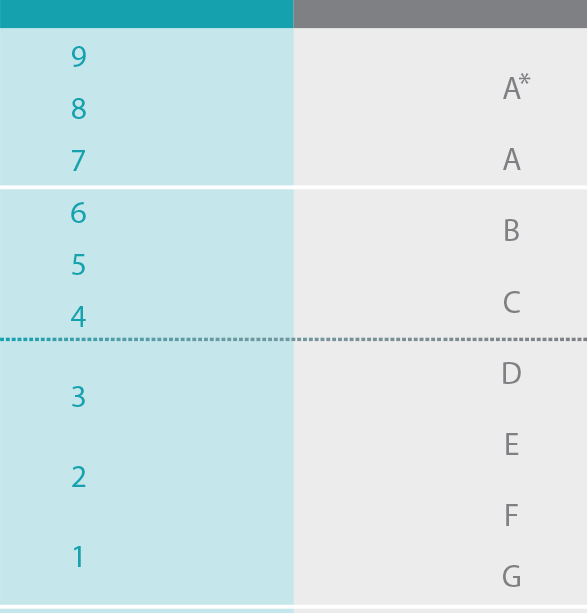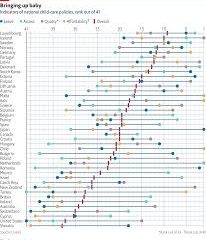An Overview of GCSE Results 2023: Trends and Insights

Introduction
The announcement of GCSE results each year is a pivotal moment for students across England, Wales, and Northern Ireland. This year, the GCSE results for 2023 have sparked considerable discussion regarding academic performance, educational disparities, and the impact of recent examination reforms. With the exams having been significantly affected by disruptions such as the COVID-19 pandemic, understanding this year’s results is crucial for students, educators, and policymakers alike.
Main Body
This year’s GCSE results showed a slight decline in the overall pass rates compared to previous years, with the percentage of students achieving grades 4 or above dropping to approximately 73.2%, down from 75.9% in 2022. This decline has been linked to the reintroduction of normal grading standards following years of adjusted assessments due to the pandemic.
Subjects such as mathematics and English continue to be at the forefront, with a particularly close watch on students’ performances in these core areas. Approximately 61.5% of candidates achieved a grade 5 or above in English, while maths saw around 62% achieving similar grades, representing an overall challenge for both students and educational institutions trying to maintain high standards in a recovering academic landscape.
Additionally, the gender gap in performance persists, with girls outperforming boys as they have in previous years, achieving higher grades in a majority of subjects. Analysts believe that this trend could continue to influence university admissions and future career choices for both genders.
Wider concerns have been raised regarding the disparities in performance among different socio-economic groups. Those from disadvantaged backgrounds have, on average, performed lower than their wealthier peers, emphasizing the need for targeted interventions to address educational inequality. Education Secretary Gillian Keegan highlighted the commitment of the government to support schools and families in bridging this gap.
Conclusion
The results of the 2023 GCSEs reflect a challenging yet pivotal moment in the landscape of British education. As educators analyse the data, it is clear that there is an urgent need for tailored support systems for students to navigate the complexities of post-pandemic education. Looking ahead, a continued focus on equitable access to quality education will be crucial to enable all students to achieve their potential and address the persistent gaps evident in this year’s results. As the education sector moves forward, the lessons learned from these results will undoubtedly shape future policies and initiatives aimed at improving student outcomes.








